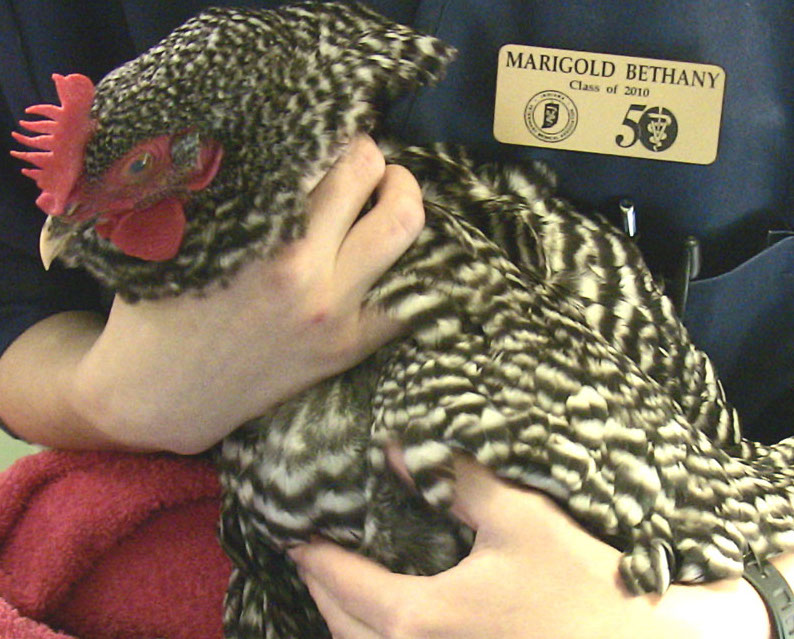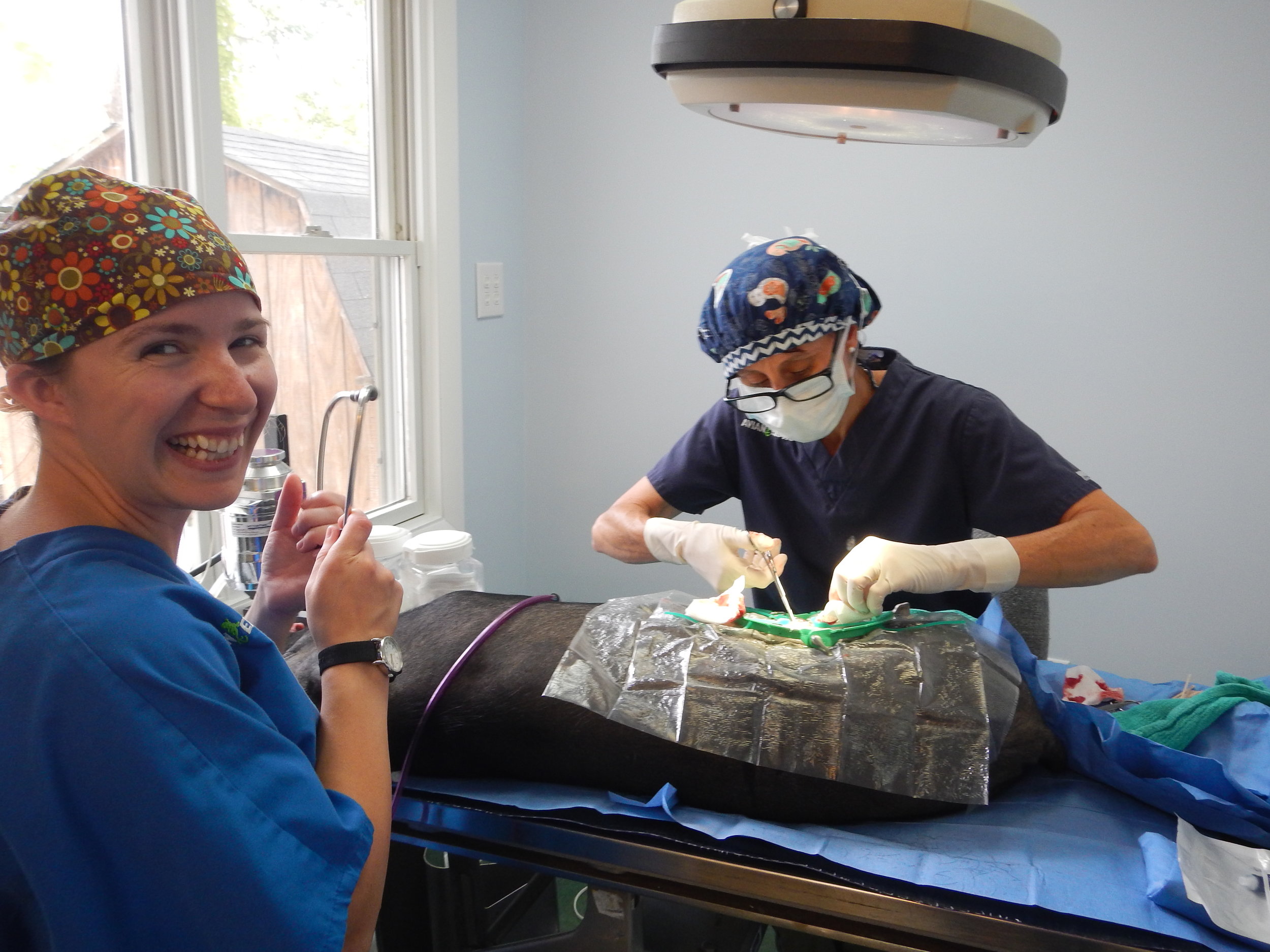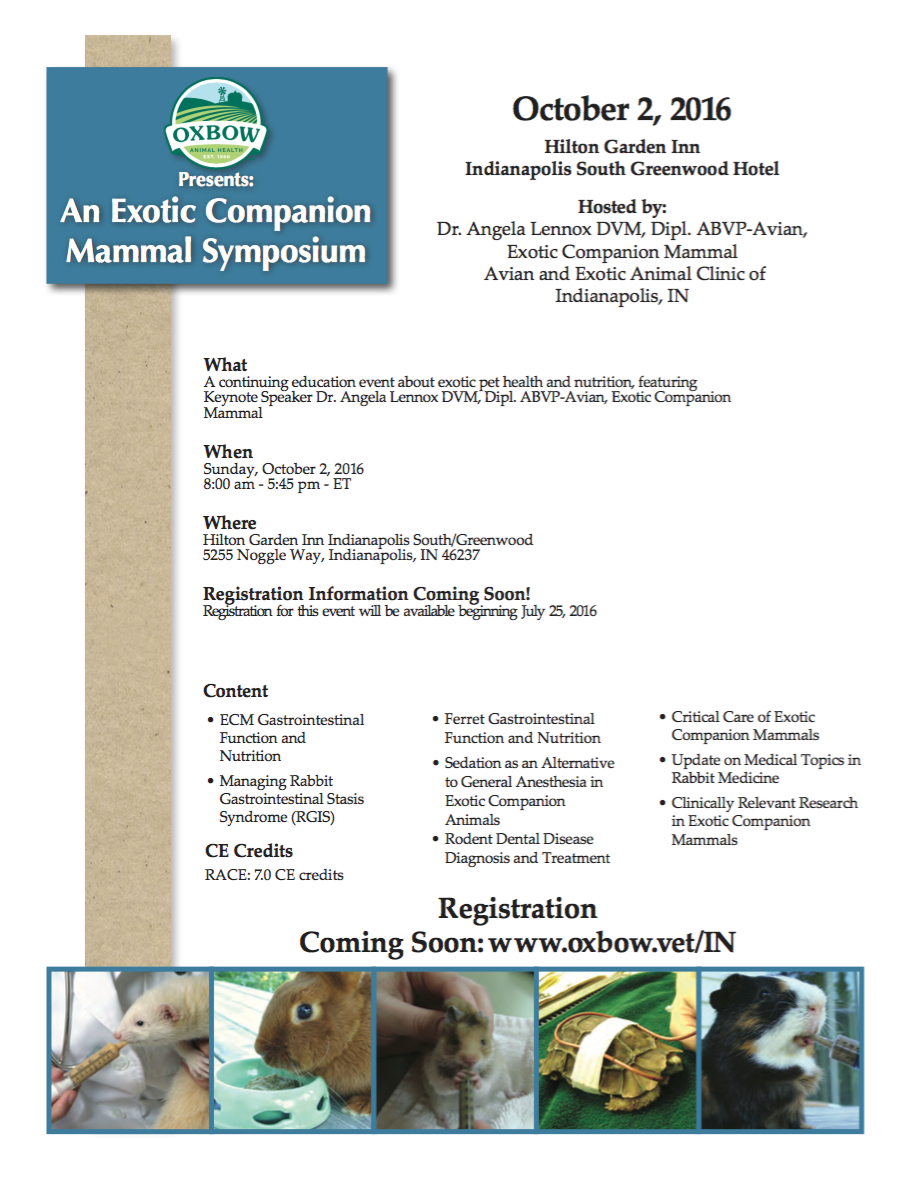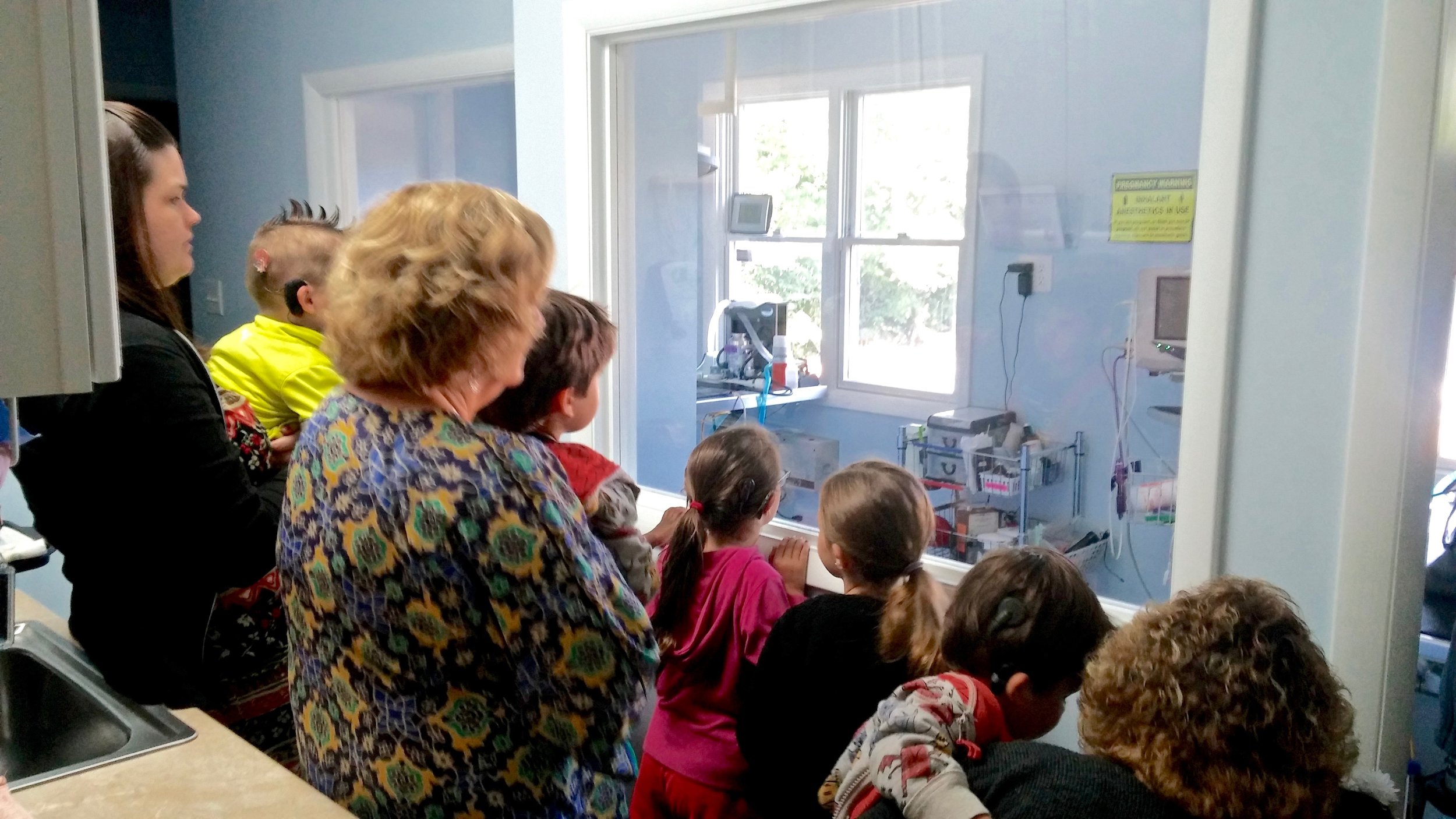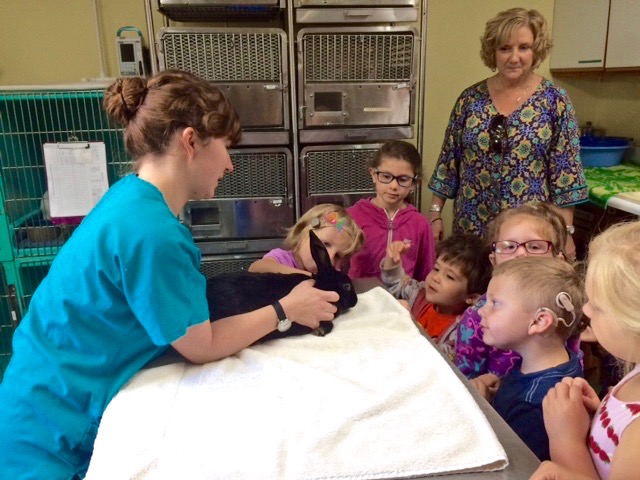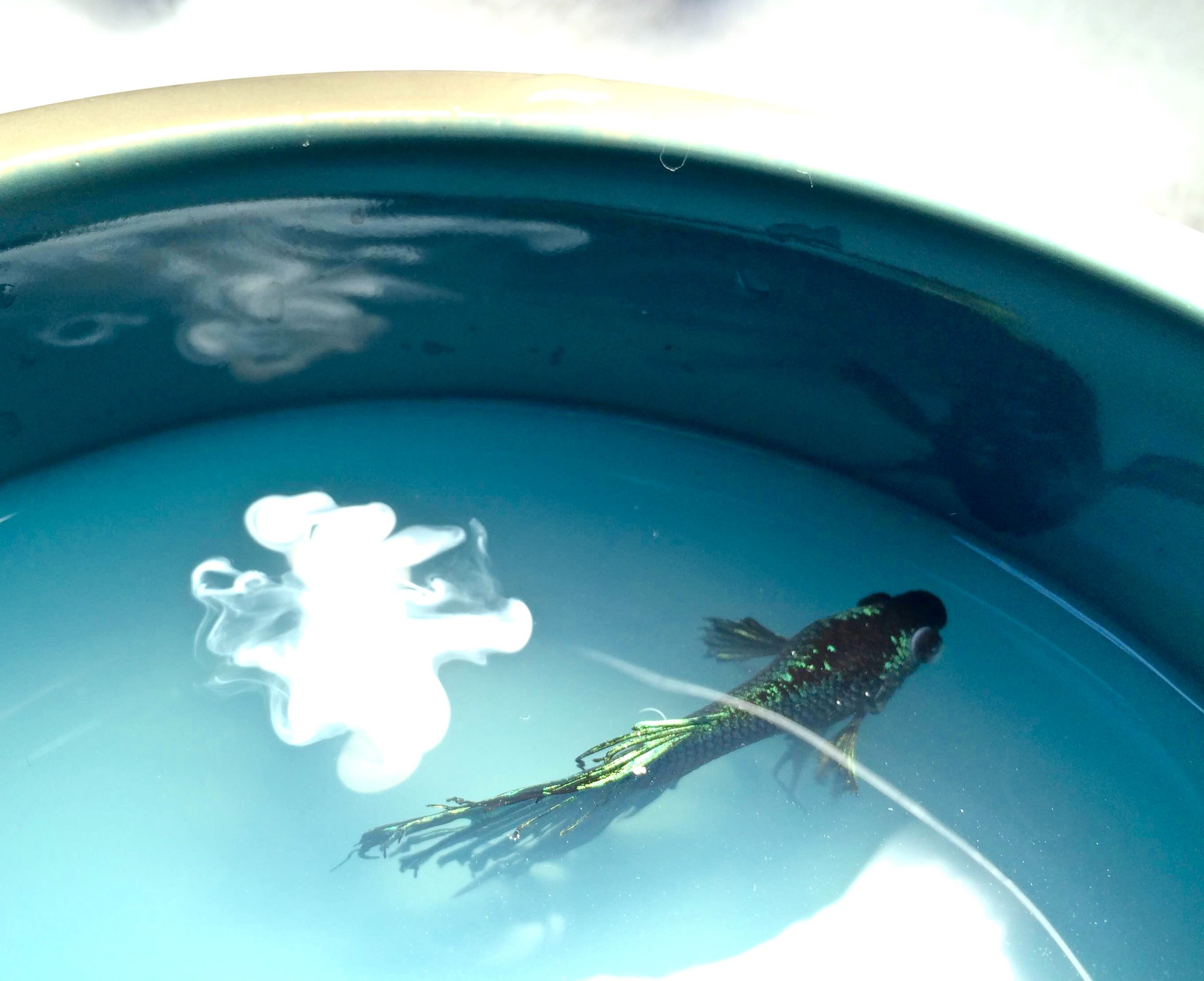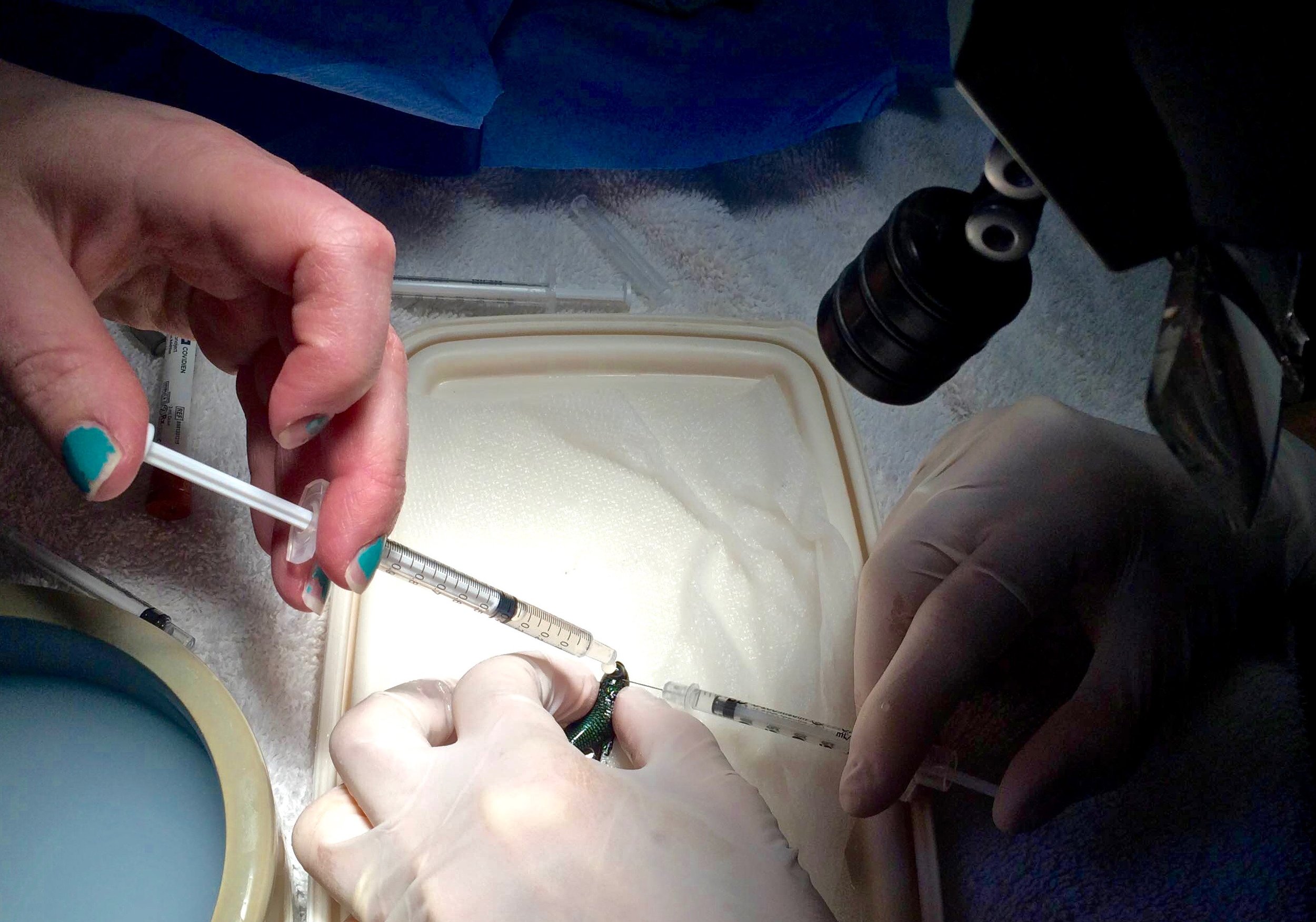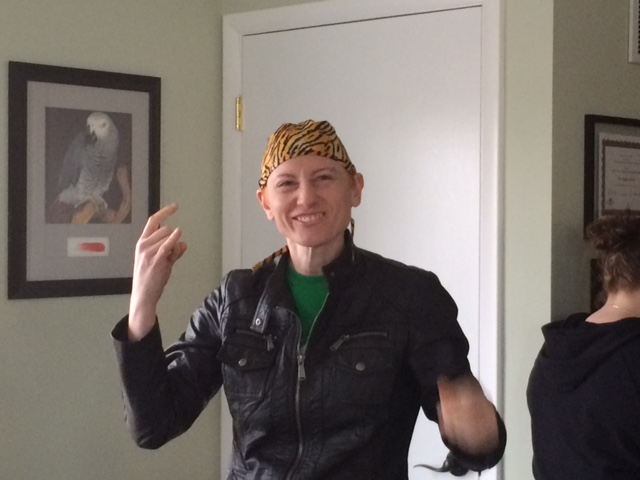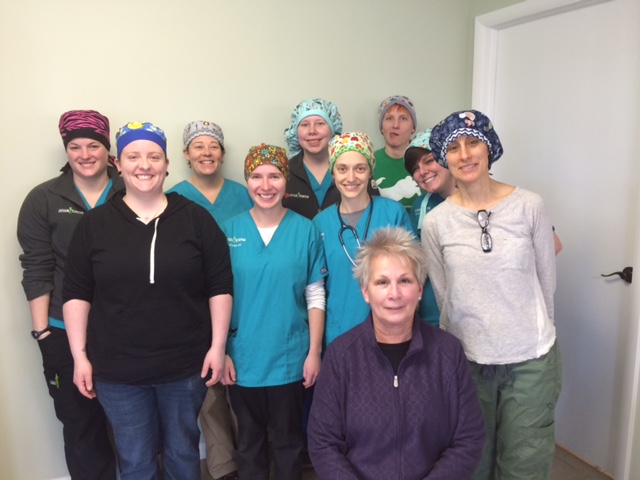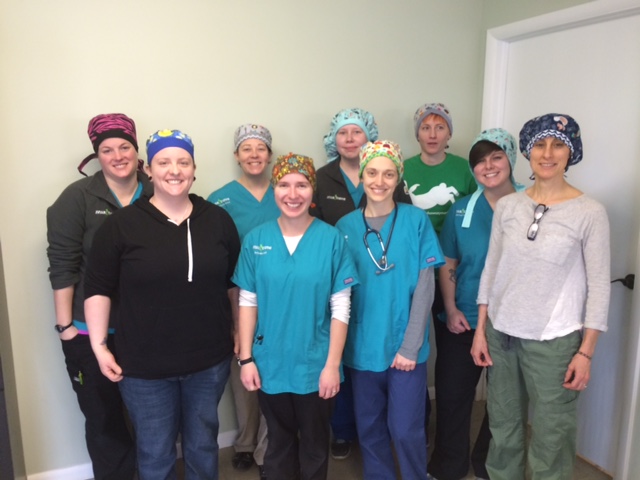The Indiana State Department of Health alerted veterinarians and other health professionals about an outbreak of a virus that was found in pet rats sold and shipped from Illinois and Wisconsin after September 1, 2016.
The Seoul virus is related to hantavirus; while hantavirus can cause severe illness, the Seoul virus is much less severe.
The board of health is alerting owners who might have purchased rats from this facility.
If you have any questions about exposure to rats purchased from Illinois and Wisconsin after September 1, call the Indiana State Department of Health (ISDH) Epidemiology Resource Center at 317-233-7125.
More information about the Seoul virus can be found here: https://www.cdc.gov/hantavirus/outbreaks/seoul-virus/index.html.
The ISDH recommends the following preventive measures for all rodent owners:
- Wash your hands with soap and running water after touching, feeding, or caring for rodents or cleaning their habitats. Be sure to assist children with handwashing.
- Be aware that pet rodents can shed germs that can contaminate surfaces in areas where they live and roam. Make sure rodent enclosures are properly secured and safe so your pet doesn’t get hurt or contaminate surfaces.
- Clean and disinfect rodent habitats and supplies outside your home when possible. Never clean rodent habitats or their supplies in the kitchen sink, other food preparation areas, or the bathroom sink.
- Avoid bites and scratches from rodents. Be cautious with unfamiliar animals, even if they seem friendly. Take precautions when cleaning out rodent cages or areas with rodent urine or droppings.
- Visit your veterinarian for routine evaluation and care to keep your rodents healthy and to prevent infectious diseases.



